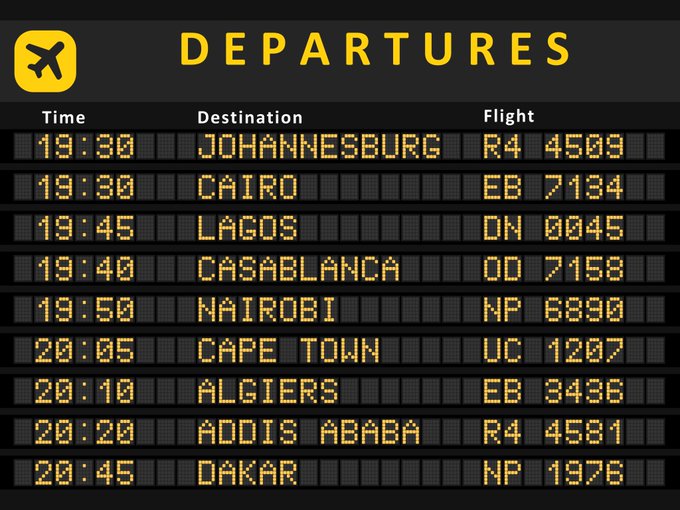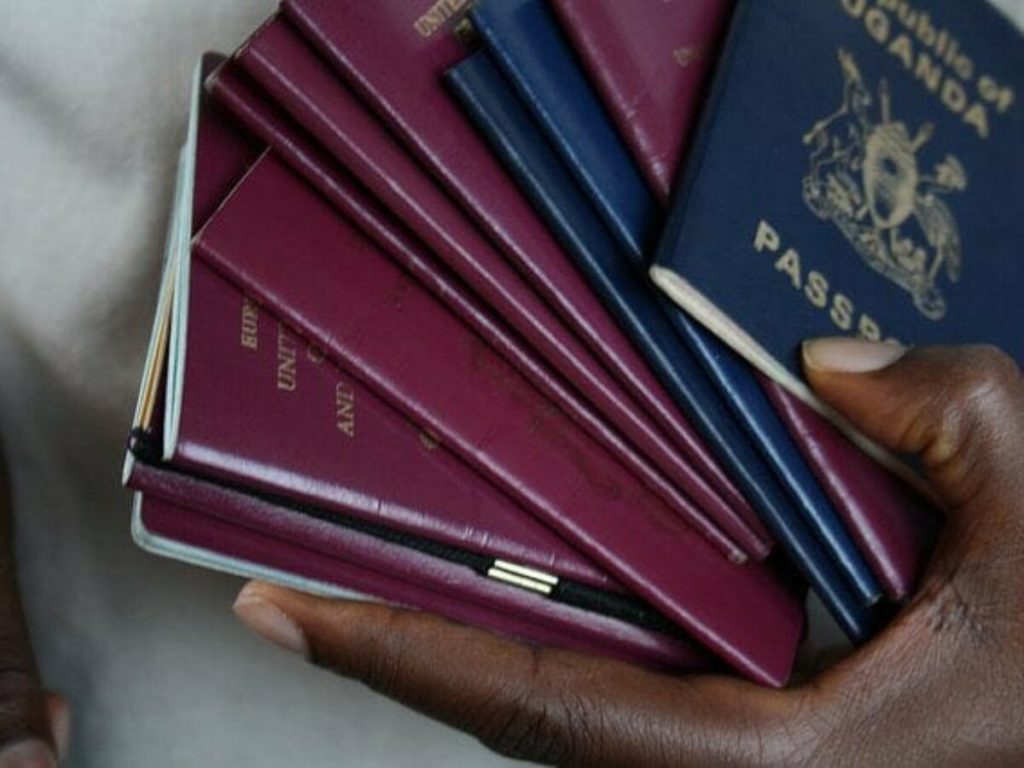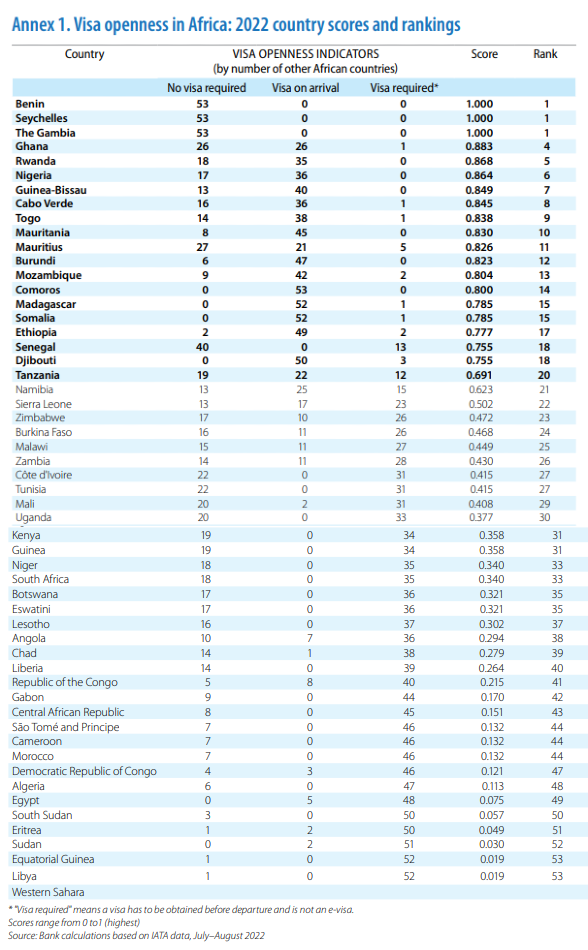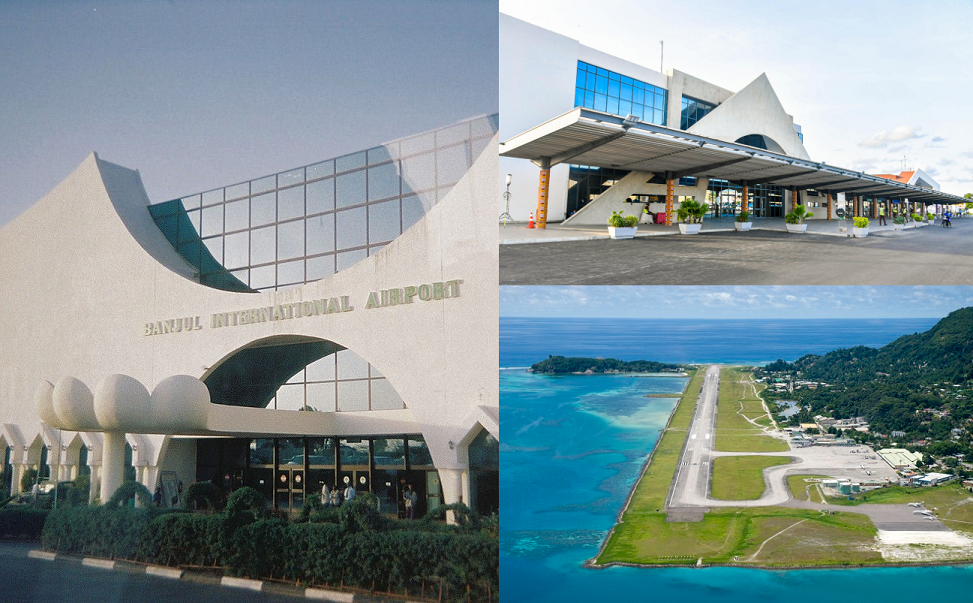The information is contained in the 7th edition of the Africa Visa Openness Index 2022 annual publication, prepared by the African Development Bank Group in collaboration with the African Union Commission. It was launched on Sunday, 11 December, on the sidelines of the African Economic Conference 2022, held in Mauritius.
The Africa Visa Openness Index measures the extent to which African countries are open to travellers from other African countries. Published yearly since 2016, the AVOI tracks changes in countries’ scores over time to show how national policies evolve on the freedom of movement across Africa.
The Africa Visa Openness Index assesses how open African countries are to travellers from other African countries. Published annually since 2016, the Index tracks countries’ scores over time to show how national policies are evolving with respect to freedom of movement across Africa.
The 2022 edition of the Africa Visa Openness Index, says the AfDB, shows an improvement in visa policies across the continent. For example, despite the Covid-19-related travel disruptions and lockdowns, 93% of African countries have maintained or improved their scores compared to 2021. Two-thirds of African countries have adopted more liberal visa policies than six years ago.

For example, three African countries, Benin, Gambia and Seychelles, offer visa-free entry to Africans from all other countries, the report says. In 2016 and 2017, only one country did so.
24 African countries offer an e-Visa, 5 more than five years ago. 36 countries have improved or maintained their visa openness index score since 2016. 50 countries have maintained or improved their visa openness index score compared to 2021, generally after removing some of the visa policy restrictions put in place during the pandemic. 48 out of 54 countries – the vast majority of African countries – now allow visa-free travel for nationals of at least one other African country. 42 countries offer visa-free travel to nationals of at least five other African countries.
Interestingly, says the AfDB, low-income countries make up a significant share of the top 20 visa-liberal countries in 2022: 45% of the countries in the top 20 of the index are classified as low-income countries, and 45% are in the lower middle-income bracket.
E-visas allow potential travellers to apply for a visa from the comfort of their home or workplace prior to travel, streamline the application process, reduce time spent at borders, provide a greater degree of pre-travel certainty, reduce the need to submit a passport for processing at consular offices, and make travel safer and more secure.

Progress on freedom of movement policies
The Africa Visa Openness Index 2022 report, says the AfDB, shows that African countries have made progress on freedom of travel policies, most of which were severely restricted by the Covid-19 crisis.
The report identifies the visa policies adopted by African governments according to three main criteria: visa-free travel for citizens of other African countries, visa-on-arrival and visa requirements for travellers to other African countries.
Furthermore, this year’s report highlights the impact of the Covid-19 pandemic in the last two years (2020 and 2021), during which most countries have restricted travel, both domestically and internationally. Restrictions on international travel ranged from complete border closures to quarantines, screening measures and bans on visitors from countries deemed ‘high risk’.
Domestic restrictions included a range of measures such as bans on inter-regional travel, bans on non-essential travel, curfews and rules limiting gatherings.
Further signs of progress
The 2022 report, says the AfDB, shows further signs of progress: 10 countries have improved their visa openness scores over the past year, and the continent’s visa openness now exceeds that recorded in the year before Covid-19 and is aligned with the maximum score achieved in 2020.
According to the AfDB, progressive visa policies that allow for increased visa-free entry or a shift to visa-on-arrival policies will ensure that this positive trend continues. The use of technology and greater adoption of electronic visa systems will help accelerate the ease with which travellers can cross borders.

Travel to Africa has become more open to African citizens
According to the AfDB, travel to Africa became more open to African citizens in 2022, with fewer restrictions overall. “There is now an even split between visa-free travel and travel for which a visa can be obtained on arrival in the destination country,” explains the AfDB.
The three countries that have made the most progress
The 2022 edition of the report highlights the three countries that have made the most progress in opening up their visa regime, namely Burundi, Djibouti and Ethiopia. Ethiopia, in particular, has moved up several places in the index to regain its position among the top 20 performers on the continent after removing the temporary measures imposed in 2021.
The report breaks new ground by offering an analysis of the free movement of people at the level of the regional economic communities in Africa. The Economic Community of West African States (ECOWAS) and the East African Community are the most open communities, with ECOWAS hosting eight of the top ten countries. West Africa counts the largest share of top-performing countries in 2022: it is home to eight of the top 20 performers (9 in 2021), equivalent to 40% of all top performers. Of these eight countries, seven also feature among the top 10. East Africa also has eight representatives in the top 20 (it had six in 2021), with one country in the top 10. Southern Africa is home to three top-20 countries (15%),
down from four in 2021. North Africa has one country in the top 20 (5%), the same as in 2021. No Central African country ranks among the top 20 on this year’s 2022 AVOI or on the AVOI of last year.

A report related to the African Continental Free Trade Area (AfCFTA)
African Union Commission Deputy Chairperson Dr. Monique Nsanzabaganwa, said: “This edition links free movement to the development of regional value chains, investments, trade in services and the AfCFTA. There is greater recognition that human mobility is key to Africa’s integration efforts.”
African Development Bank Group Acting Vice President in charge of Regional Development, Integration and Business Delivery Marie-Laure Akin-Olugbade, remarked: “The Africa Visa Openness Index has been tracking visa openness as a measure of the freedom of movement since 2016. This year’s edition—the seventh—shows many African countries having greatly simplified their visa regime over the past year.”
Commenting on the report, the acting director of the Regional Integration Coordination Office, Jean-Guy Afrika, said: “The Africa Visa Openness Index has tracked the evolution of visa regimes on the African continent from before the pandemic to today. As the 2022 report shows, African countries are dismantling many of the measures imposed during the pandemic. Indeed, overall, the continent has returned to a level of openness on visas that was last seen just before the onset of the pandemic.”
Some key statistics:
For 27% of intra-African travel*, African citizens do not need a visa, up from 25% in 2021.
For 27% of intra-African travel*, African citizens can obtain a visa on arrival, up from 24% in 2021.
For 47% of intra-African travel*, African citizens still need to obtain a visa before travelling, an improvement from 51% in 2021.
*Intra-African travel is travel by African citizens from one African country to another.




